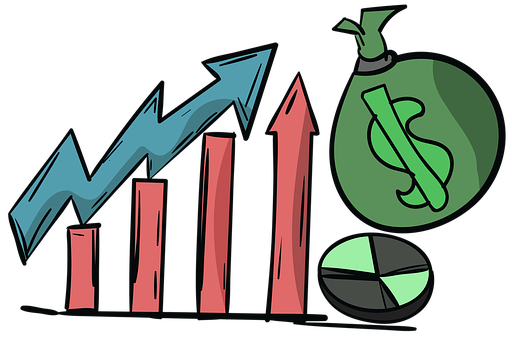Give Yourself A Raise With Equity Raises
When one of my recommended high-yield stocks does a secondary share issue, I always get questions about what is going on. The significant share price drop and share dilution of a secondary issuance make investors wonder if the stock remains a good investment.
So today, I thought it would be good to review secondary stock sales’ effects – and how to use them to give yourself a raise…
A secondary stock offering is when a company issues new common stock shares. This type of corporate action aims to raise more money to use for a range of business purposes. Secondary stock offers go out at a discount to the recent share price to attract institutional money and quickly sell the shares. It’s not uncommon to see the share price drop by 5% or more on the effective date of a secondary stock offering.
Secondary offerings are common from growth-focused companies organized as pass-through entities. Business structures like real estate investment trusts (REITs) and business development companies (BDCs) must pay out at least 90% of net profits as dividends to investors. That rule often doesn’t leave a lot of retained earnings to invest for growth.
To raise additional business capital, a publicly traded company must sell stock or sell bonds. Selling bonds comes with added interest expense, and there are limits for most companies on how much debt they can or should carry relative to their equity.
The share price drop from a secondary offering can make for a great opportunity to get into a stock or add shares. For BDCs, the high-quality companies with shares trading above book value manufacture shareholder value when they make a secondary offering. For example, Main Street Capital (MAIN) had a book value of $25.89 per share as of the first quarter. If they sell shares at the current $44.71 per share, it’s an immediate accretive gain to the company’s equity value.
More importantly, you want to take advantage of the share price drop for companies with proven track records of growth.
Last week, the Arbor Realty Trust (ABR) share price dropped by 8% when the company announced a convertible bond offering. Over the last five years, Arbor has grown from a $1 billion market cap company to a $3 billion company using secondary stock offerings. Over that same period, the dividend per share doubled. ABR is an outstanding dividend growth stock coupled with a 9% current yield.
This post originally appeared at Investors Alley.
Category: Dividend Stocks





